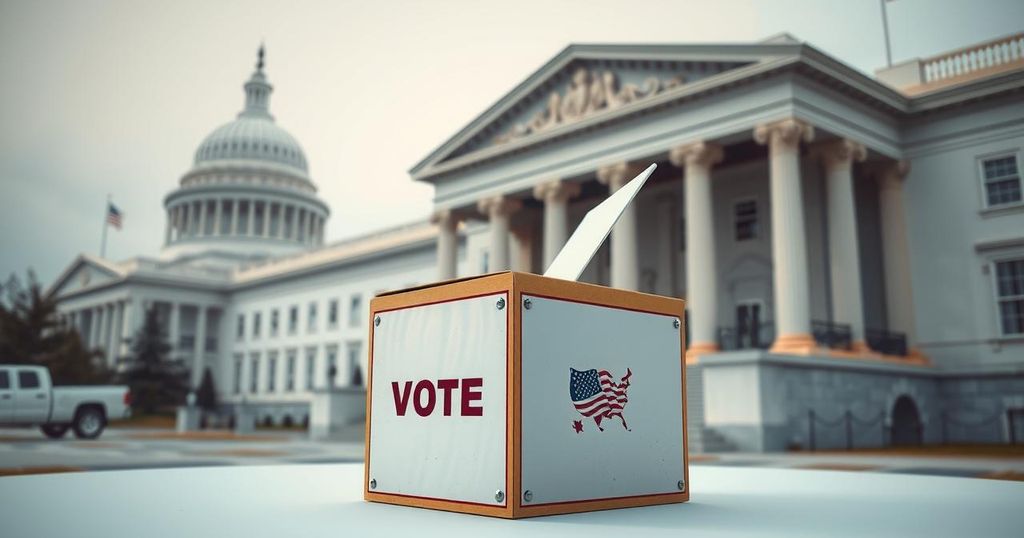Ecuador’s Upcoming Presidential Elections: Challenges and Prospects

Ecuador will hold presidential elections as voters seek resolution to significant issues like inflation and crime. Daniel Noboa, the youngest president, faces scrutiny for his governance amid rising discontent. The possibility of a runoff may become necessary if no candidate achieves the required votes. The political climate, following past violence, raises hopes for a peaceful election.
Ecuador is set to hold its presidential elections on a Sunday, with Daniel Noboa having previously made history as the youngest president at age thirty-five. He assumed the presidency after his predecessor, Guillermo Lasso, dissolved the National Assembly and called for immediate elections. Noboa, from the National Democratic Action Party, won the runoff election over Luisa Gonzalez, a protégé of ex-President Rafael Correa. Noboa, whose family runs a banana business, has held office for eighteen months, with the next president facing a four-year term after this election.
Ecuadorians are expressing dissatisfaction due to various issues, including inflation, unreliable electricity, and high rates of crime related to narcotics. In response to escalating concerns, Noboa declared a State of Emergency in January 2024, which led to bold actions including storming the Mexican Embassy to arrest former Vice President Jorge Glas, resulting in the severance of diplomatic ties between Ecuador and Mexico.
In the current presidential election, a candidate must secure either fifty percent of the total vote or at least forty percent with a ten-point lead to claim victory outright. Experts predict that, similar to last time, a second-round runoff is the most probable outcome, as the political climate remains tense following the assassination of anti-corruption candidate Fernando Villavicencio prior to the last election.
The hope for this election is for a peaceful and orderly process, especially after the violent political turmoil experienced in the past. Ecuadorians are looking for a leader who can effectively address their pressing socio-economic challenges. With this election, voters aim for improved governance in a country currently facing significant hurdles.
The upcoming presidential elections in Ecuador follow a period of political instability, compounded by economic challenges such as inflation and rising crime rates. Daniel Noboa’s presidency marks a unique chapter in Ecuador’s political history, particularly due to his age and rapid ascension to power after a snap election. The political landscape has been heavily influenced by past events, including the assassination of a leading candidate and an ongoing struggle for effective governance amidst public dissatisfaction. Ecuador’s voters are seeking solutions to their difficulties, aware of the implications of this election not just for their immediate future but for addressing systemic issues that have long plagued the nation.
Ecuador’s presidential elections are critical as they follow a tumultuous political period defined by rapid changes in leadership and serious socio-economic concerns. Daniel Noboa’s presidency, while significant for its youth and background, faces scrutiny during this election cycle, compounded by voters’ demands for accountability and improvement across various sectors. The need for a peaceful and decisive election process remains paramount, given the nation’s complex political dynamics.
Original Source: www.vaticannews.va







